20 Terrible Ways to Save Money (That People Have Actually Tried)
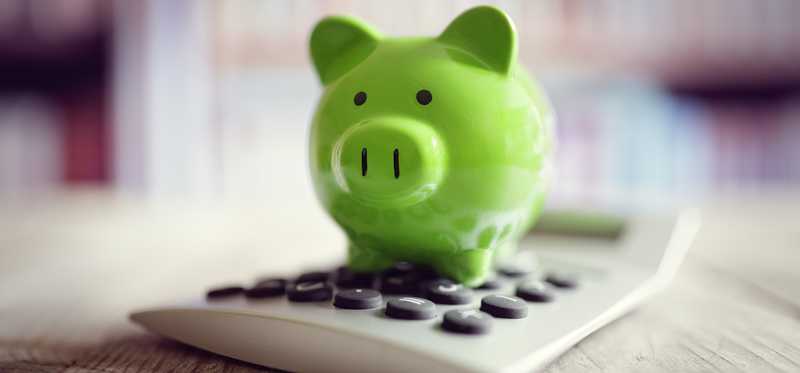
20 Terrible Ways to Save Money (That People Have Actually Tried)
Save smart
Not eating for a month would technically save you a lot of money. So would no longer paying your heating bill, or skipping prescribed medication.
Of course, it's easy to see why those are bad ideas. You might save money for a bit, but the ultimate cost to you would be high.
However, there are other ideas that may seem like good ways to cut your costs but, in practice, don't actually save you money. The challenge is distinguishing good ways to save a few dollars (we examined 20 of them here) from bad ones.
Although the ideas presented here might seem like good money-savers, for most people, they don't work.
Previous
Next
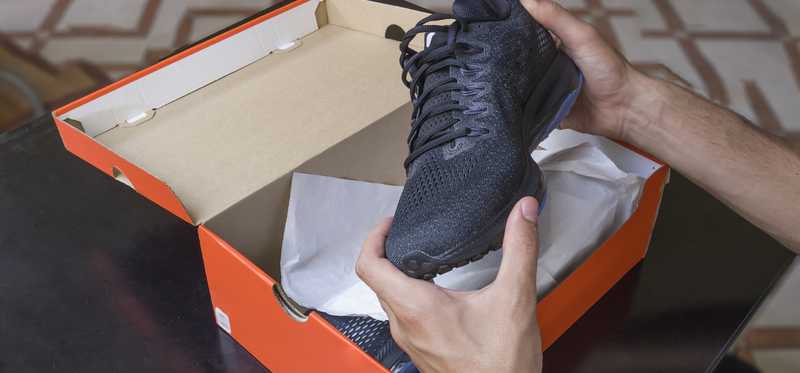
Buying low-quality clothing or shoes
If one pair of jeans costs $20 but will wear out after six months of normal use, while a second pair costs $50 but will hold up for years, then the cheaper pair is not actually a "deal." This principle is especially true when it comes to shoes and sneakers, where "cheap" can mean both less durable and poorly designed. Wearing ill-fitting and cheaply made shoes can lead to foot or back problems.
Previous
Next

Getting health insurance that only provides catastrophic coverage
It's possible to buy insurance that offers only what's called "catastrophic coverage": It pays your medical bills, but (other than for a few very basic services) only kicks in if you have a major, expensive health issue. These plans are generally only offered to people under 30, and they come with low premiums but very high deductibles.
The logic behind this is that younger folks have lower chances of getting sick and then using their health benefits. A catastrophic plan is essentially a bet that you won't need much healthcare, hedged with a bet that it will keep you from going bankrupt if something really bad happens to your health.
Consumers insured via the Affordable Care Act marketplace would have to pay $7,150 in health expenses before the insurance company assumes responsibility for any further bills, according to HealthCare.gov. That's only a bet worth taking if you have $7,150 available in case you actually get sick. If you don't, it makes more sense to pay a higher monthly premium for a plan with a much lower deductible -- especially given that young, healthy folks generally pay lower premiums for regular health insurance anyway.
Previous
Next

Avoiding the dentist
Dentists are expensive, and many dental problems don't seem that serious when they first arise. That makes it easy for people to skip their twice-a-year trip to have their teeth cleaned and examined.
That's a huge mistake. Yes, you'll save a few bucks by skipping a dental appointment, but doing so could result in long-term dental problems that end up costing much more.
Paying to have a cavity filled is a lot better than paying for a root canal or something even bigger. Visiting the dentist regularly is a short-term investment that can prevent bigger payouts in the long run.
Previous
Next

Cheaping out on exercise gear
If you work out, it's important to have the right equipment. Wearing the wrong sneakers, for example, can lead to minor injuries and pain. The same can be true with other gear, like weightlifting belts or other safety equipment.
This is not an area where you need to showboat. It's not imperative to have the trendiest gear, but not having the right equipment, clothing, and shoes could lead to physical problems (plus, you don't want to be the person in yoga class wearing jean shorts). On top of that, your gym clothes need to withstand regular, heavy use, so spending a little more for durable sportswear is a wise investment.
Previous
Next
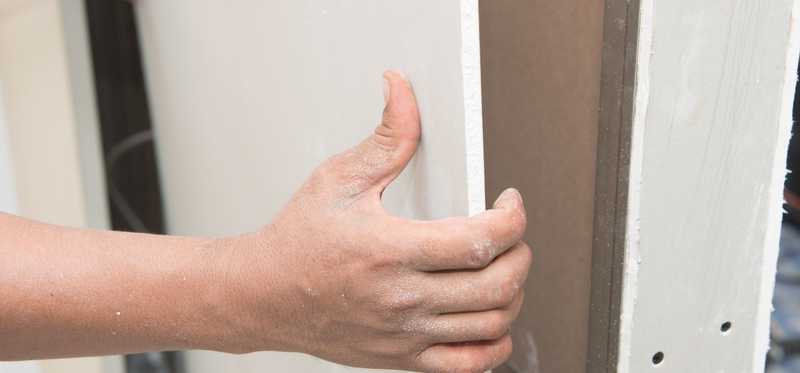
Trying to be a do-it-yourselfer on the wrong things
There are lots of little home repairs most people can do themselves, perhaps with a bit of guidance from online videos. For example, it's relatively easy to patch drywall or fill in the nail holes left when you take down a painting.
In many other cases, however, if you lack the appropriate training, it'll be cheaper in the long run to use a licensed professional. For example, it's never a good idea for an amateur to do electrical work, and in most cases, plumbing should be left to plumbers, lest you start a fire or turn a drip into a flood.
ALSO READ: 5 Home Improvement Projects That Give You the Best Return on Investment in 2018
Previous
Next
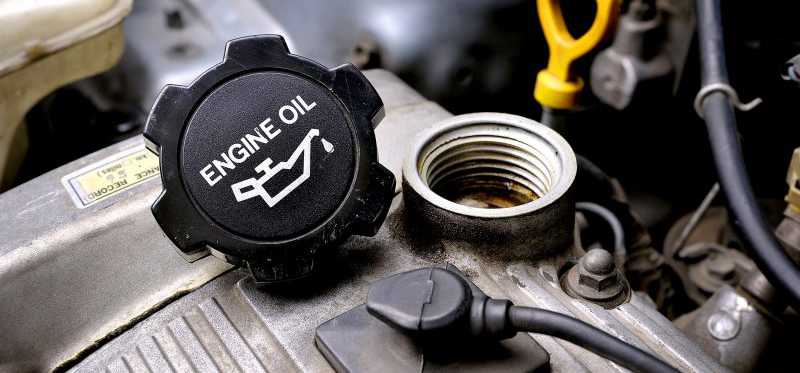
Skipping oil changes
If someone told you that skipping your annual medical checkup is a clever way to save money, you would probably realize that the risk would not be worth the reward. The same is true when it comes to your car: Skimping on oil changes and other routine maintenance might save you a few bucks now, but eventually, you'll almost certainly experience a major, expensive breakdown -- likely at an inconvenient or even dangerous moment.
Previous
Next
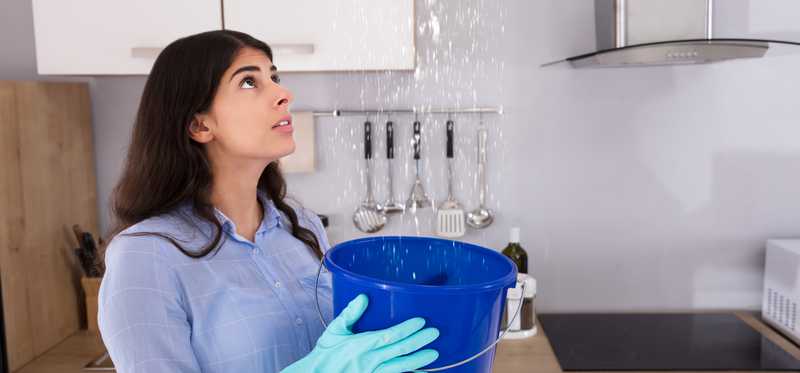
Making patchwork repairs
In theory, a tarp can stop that leak in your roof. That's fine while you're waiting for a contractor, but a patchwork solution is not a long-term answer. Putting off necessary repairs in favor of temporary solutions is simply begging for a bigger problem.
Previous
Next

Not having car insurance
Amazingly, in a few states, there is no legal requirement to have car insurance. The problem with that is while it may save you money in the short term, the decision could bankrupt you. If you cause an accident, damage to the cars won't be your only financial concern: You'll also have to worry about injuries to other drivers. Car insurance covers the medical expenses of anyone who gets injured in an accident. If you don't have it, you're liable, and healthcare costs add up fast.
In some cases, if your car has little replacement value, it's OK to have just injury and liability coverage -- but it's never a good choice to go entirely without.
Previous
Next

Skipping your annual checkup
In many cases, skipping a yearly physical won't save you money even in the short term, because your health insurance will pay for it. But even if a portion of the bill is not covered, spending that money gives you a far better chance of discovering potential health issues early, when they might be prevented or treated at a much lower overall cost. Wait to see a doctor until a medical problem becomes acute, and it might not be treatable at all -- or the cost of treating it may bankrupt you. After all, medical bills are the single greatest cause of bankruptcies in the U.S.
Previous
Next

Ignoring the check engine light
Sometimes the check engine light on your car can signify a minor problem. It's possible that your gas cap is not on right or that the light simply needs to be reset.
Because of that, it's tempting to avoid the expense of getting your car checked out. In addition, some people may not want to find out that something major has gone (or will go) wrong.
Sticking your head in the sand won't save you money. Find out what the problem is, rather than assuming it's nothing and risking something going catastrophically wrong.
Previous
Next

Using home remedies
Medicine can be expensive, but sometimes it's necessary. It's fine to use a home remedy for the hiccups or even a headache. When you have something more serious, however, it's best to take whatever your doctor prescribes you.
That can be a challenge, given how some health insurance works, covering some drugs but not covering others. It's OK to ask your doctor for help navigating your insurance policy and finding the best treatment that will be covered, but it's not OK to take matters into your own hands by using home remedies.
Previous
Next

Forgetting that it's not what you save, but what you spend
If you buy a $50 sweater at 50% off, you haven't saved $25; you've spent $25. Regardless of how big the discount is, you need to think about whether you can afford the actual dollar amount, or else you could bankrupt yourself by "saving" money.
ALSO READ: 6 Things You Should Always Buy at a Warehouse Club
Previous
Next

Buying food in bulk only to waste it
Warehouse clubs can save you a ton of money, but only if you buy
things you need and will actually use. If you buy a palette of croissants
and throw half of them away because they go stale before you can eat
them, then you've spent twice as much per pastry as you thought.
The same is true with anything else you might buy in bulk. It's only worth it if you will actually use it, and any potential waste needs to be figured into the cost. Also recall the previous slide, "Forgetting that it's not what you save, but what you spend." Buying something you wouldn't buy otherwise simply because the price is great is not "saving."
Previous
Next
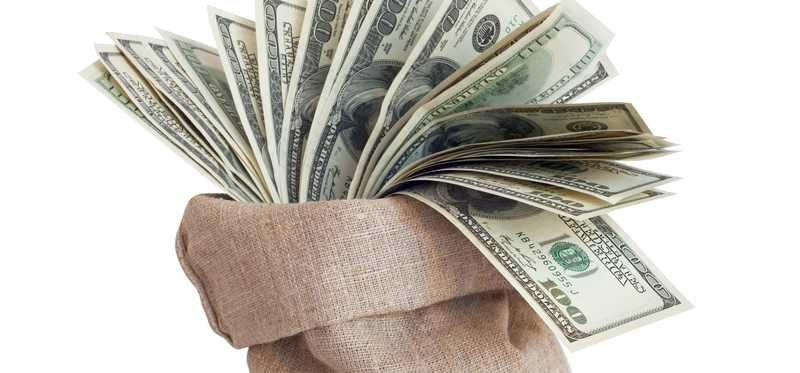
Falling for rebates you won't redeem
How
often have you made a purchase because the item was being discounted,
but in order to receive the rebate, you had to mail something in? In
that scenario, most of us have good intentions.
We expect to send the rebate in, so we factor that into the mental calculation of how much the item costs. In reality, only around 40% to 60% of rebates actually get redeemed, and the companies that offer them usually don't make it easy to redeem them. So before you buy an item that comes with a rebate, you need to be honest with yourself about your odds of going to the trouble of getting that money back.
Previous
Next
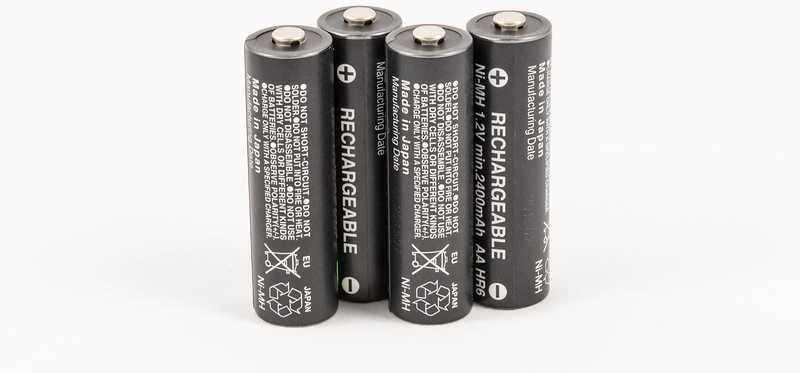
Buying something at a bargain price... when that's not the whole price
If someone tries to sell you a car at a certain price, then tells you
the steering wheel will cost extra, you'll obviously recognize you have
to factor that into your total cost. But there are many less obvious
cases where making your purchase actually work requires additional
outlays -- which means the price you pay up front is not the real price.
For example, if you buy a video game console that does not come with a controller, until you buy one, it's really just a pretty box, so you have to factor in the cost of one. The same is true for everything from needed batteries to anything else that's required to make your item actually function as it's intended.
ALSO READ: 3 Hidden Investing Costs You Can't Afford to Ignore
Previous
Next

Not maxing out your employer's 401(k) match
Some people think they can't afford to save for retirement. That's short-sighted, and if your employer offers a 401(k) match, then you're literally giving up free money if you don't partake.
If your employer matches contributions of up to 3% of your salary, then failing to save you that amount actually costs you that amount -- not to mention the additional returns that money could earn. You may think you're saving money by not saving for retirement, but you're really stealing from yourself.
Previous
Next
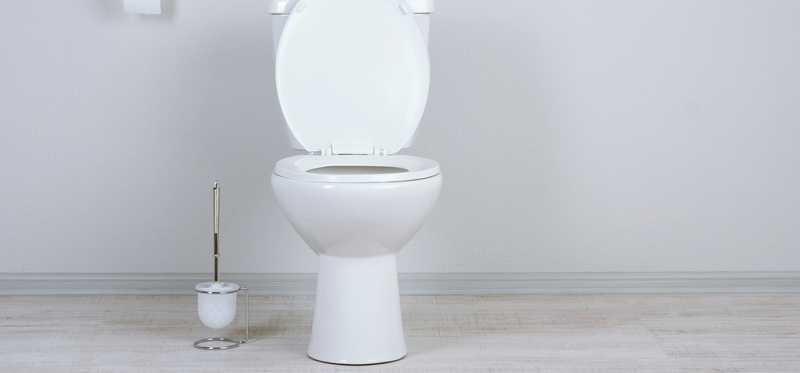
Using cheap toilet paper
When you use the restroom at a restaurant or public place, you'll often see thin, scratchy toilet paper. That's not just because the owners are cheap; it's also meant to prevent clogs that can be caused by people using too much of the good stuff.
Anyone who has used cheap toilet paper understands that you're not really saving money, as you'll typically end up using more. You'll also have a less pleasant experience -- and is that an area where you really want to cheap out?
Previous
Next

Driving instead of flying
Sometimes it makes sense to drive for a trip instead of getting on a plane. It can definitely be cheaper for trips that take less than a day, especially if you're taking a few family members with you.
However, you need to consider the true cost. If you'll be in the car more than one day of driving, then you need to factor in hotels and meals, along with gas and vehicle costs. You also need to consider the additional wear and tear on your vehicle, as well as the opportunity cost of spending so much time getting to your destination rather than being there.
Previous
Next
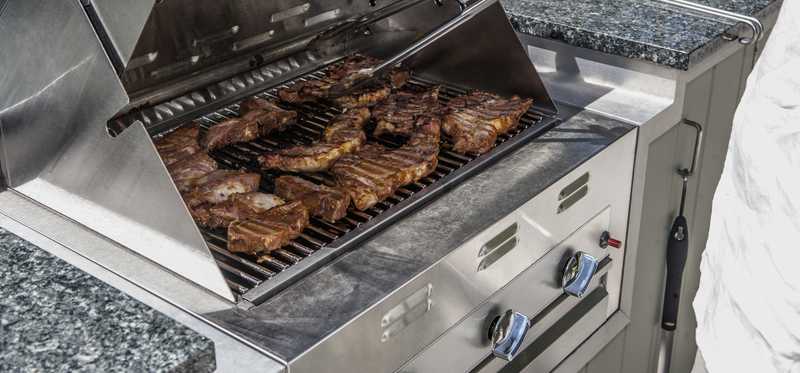
Buying a cheap gas grill
My wife and I got a top-tier gas grill for our wedding. It worked well for 10 years, but when it was time to replace it, we bought a cheap model -- think $200 versus $450-$500.
The new grill never worked as well as the old one, and it wore out after a single year of use. It may have limped through a second year, unevenly cooking our food and requiring multiple attempts to start it each time. Instead, we replaced it with a more expensive model, having learned a valuable lesson.
Previous
Next

Not taking your pets to the vet
Your cat or dog may seem perfectly healthy, and it probably is. Still, just like people, animals need to go to the doctor once every year or two (depending upon their age and health). Yes, these trips are expensive, but a vet visit today may prevent a more expensive problem later.
The Motley Fool has a disclosure policy.
Previous
Next
Invest Smarter with The Motley Fool
Join Over Half a Million Premium Members Receiving…
- New Stock Picks Each Month
- Detailed Analysis of Companies
- Model Portfolios
- Live Streaming During Market Hours
- And Much More
READ MORE
HOW THE MOTLEY FOOL CAN HELP YOU
-
Premium Investing Guidance
Market beating stocks from our award-winning service
-
The Daily Upside Newsletter
Investment news and high-quality insights delivered straight to your inbox
-
Get Started Investing
You can do it. Successful investing in just a few steps
-
Win at Retirement
Secrets and strategies for the post-work life you want.
-
Find a Broker
Find the right brokerage account for you.
-
Listen to our Podcasts
Hear our experts take on stocks, the market, and how to invest.
Premium Investing Services
Invest better with The Motley Fool. Get stock recommendations, portfolio guidance, and more from The Motley Fool's premium services.